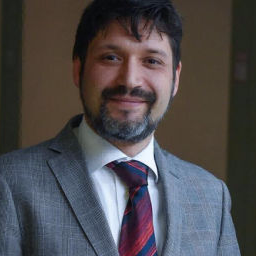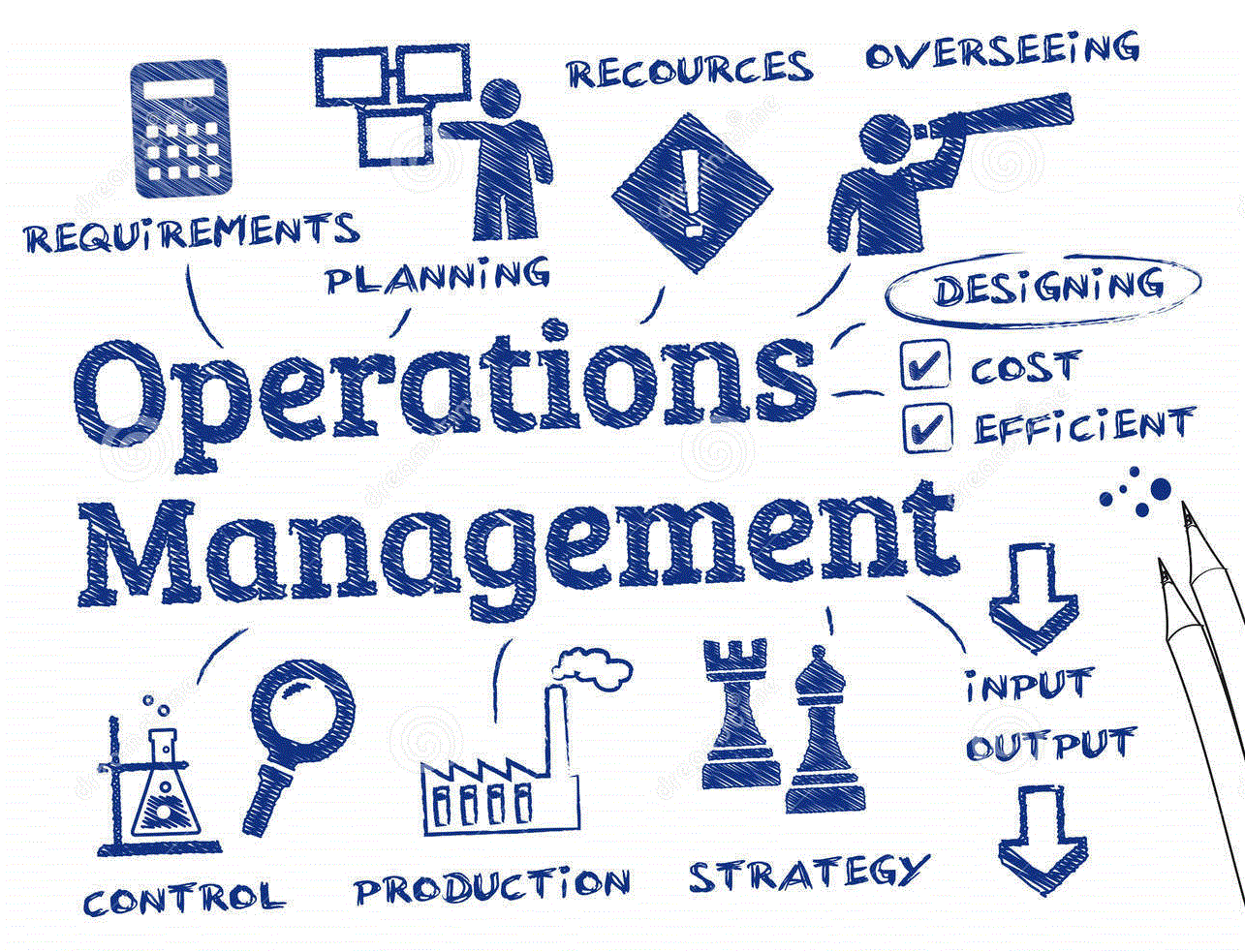Short Bio

Guido Perboli is Full Professor in the Department of Management and Production Engineering (DIGEP) of Politecnico di Torino and Associate Member of the CIRRELT - Centre Interuniversitaire de Recherche sur les Réseaux d'Enterprise, la Logistique et les Transport - Québec, Canada . He is presently in charge of the courses of Strategic Management and Operations Research in the Industrial Production and Innovation Management Master degree. He is presently in charge of different activities, including the student exchange program with UQAM, Montreal, and TOP EXPERIENCES, a series of lectures given by high-level managers and member of the Board of the Amazon Innovation Award.
In 2016 he founded the center ICT for City Logistics and Enterprises (ICElab@Polito) at Politecnico di Torino, a research center focused on two of the main activities supporting the Urban growth: logistics and enterprises. He is presently director of the ICE center. He is author of more than 100 papers on peer reviews International journals and Conferences (see the full CV for the detailed list). His main areas of expertise are Business development and Lean Business, City Logistics and Smart City, Green logistics and impact assessment of externalities reduction policies in Supply Chains, Urban Freight delivery, Container and Vehicle Packing, Fleet Routing and Management.
Mentor of Startups and with an experience of 15 years in Business Development and R&D, he is
currently a shareholder and Chief Scientific Officer of Arisk S.p.A., Fintech
company operating in the Enterprise Crisis sector and Spinoff of Politecnico di Torino. With AI
and Machine Learning, Arisk algorithms can predict with a precision of more than 85% a business interruption up to 60 months in advance by considering financial, organizational, ESG, and operational risks. For its innovative methods, in 2019 Arisk was awarded by Credit Village as the best Startup in the Credit Industry and by the Italian Fintech and Insurtech Observatory one of the best 10 Startups in the market.
He is also member of scientific boards and awards, including the Scientific Board of SOS Log, the main Italian association of Sustainable Logistics, the Digital Hub of Compagnia delle Opere, an association of enterprises with more than 30000 companies, and the Amazon Innovation Award, the international award of Amazon on Service Innovation, Last Mile Delivery, and Warehouse Managment. Since 2010 he has also been advisor of several Italian regions for innovation projects, advisor of the National Grants of the Government of Canada, as well as head of the mobility pillar of the Digital Strategy 2019-2029 of the Regional Council of Piedmont.
Since 1998 he is consultant for National and International companies, including Amazon, Accenture, DHL, Emerson Network Power, FCA, Iveco, Italdesign, Panalpina, Porche, Rhona, Telecom Italia, Tales Alenia Spazio, and TNT.


